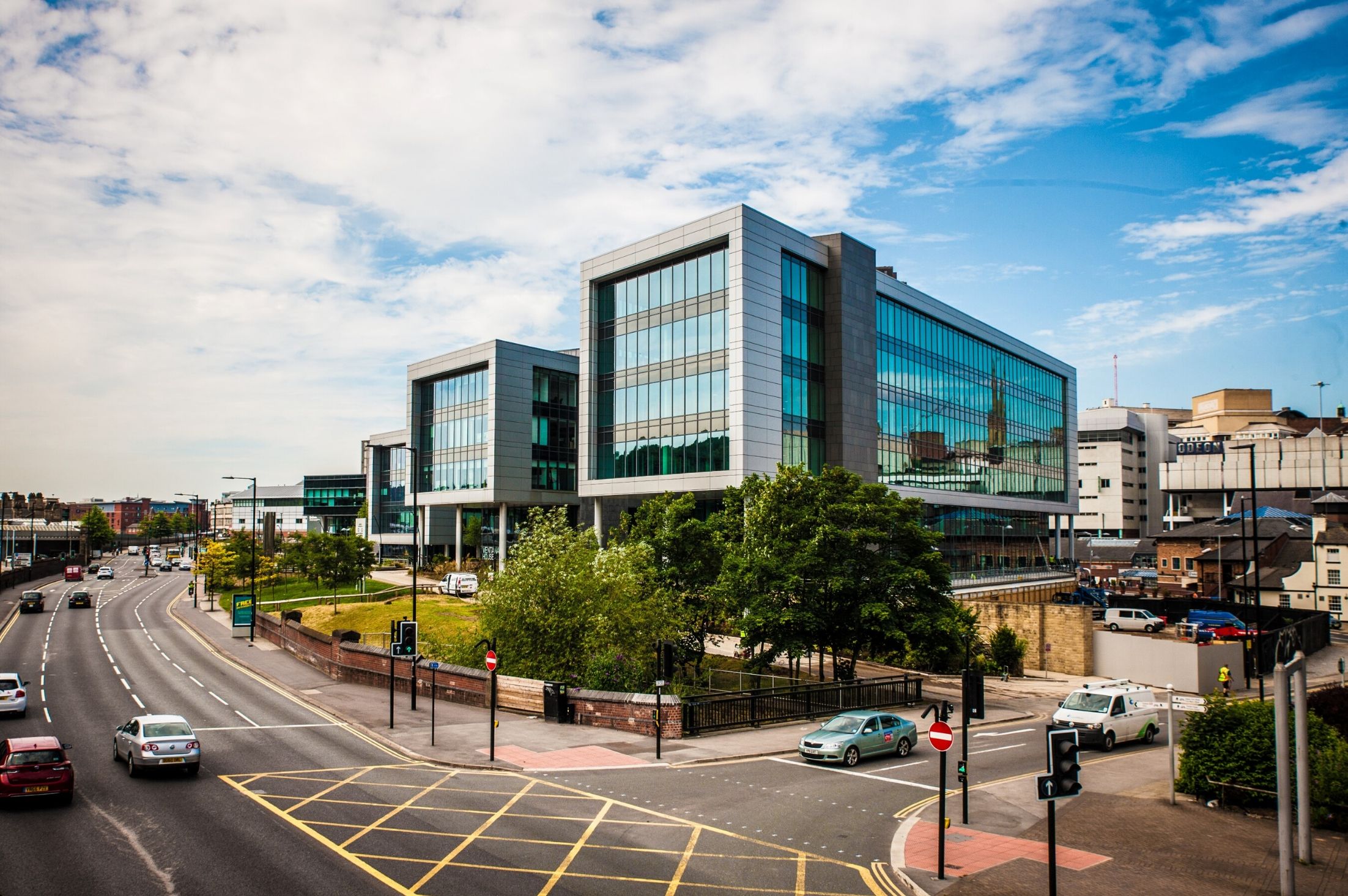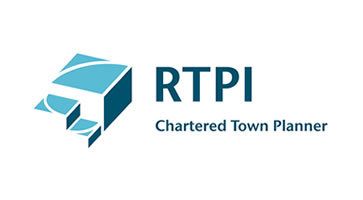The future is now, as Sheffield City Council, together with the city’s highways contractor, Amey are utilising cutting edge Internet of Things (IoT) technology to create the UK’s latest Smart City, starting with digitised roads.
Working on behalf of the council, Amey is positioning Sheffield front and centre of innovative Smart City technology in order to deliver a more efficient highways service for residents of and visitors to the Steel City via a platform provided by Smart City operator, Connexin. Work is already well underway, and by this spring, Amey will have created a digitised public highway network involving thousands of individual wireless sensors communicating across the city from Attercliffe to Woodseats.
With these smart sensors embedded in objects such as litter bins and drains, these everyday objects will be able to send and receive data via an Internet of Things (IoT) platform, digitally connecting essential highway maintenance services and informing operatives about the condition of street assets in real time. The aim is that Amey’s maintenance managers will always be one step ahead, knowing when street bins need to be emptied before they overflow, when trees need watering and when gullies need clearing in order to reduce the risk of flash flooding, to name just a few practical examples.
Cabinet member for Environment, Street Scene and Climate Change at Sheffield City Council, Councillor Mark Jones said:
“This is very much about us working better and smarter towards a greener and cleaner future for Sheffield.
“By investing in this new initiative, our contractors will be undertaking fewer journeys, which in turn will result in a reduction in energy consumption, pollution and congestion, whilst ensuring our streets are kept clean and our bins are emptied using a more efficient and effective approach.”
As Councillor Jones stresses, people living, working and visiting Sheffield will benefit from a better quality of life with cleaner and safer living conditions and improved maintenance services, delivered in a more efficient, sustainable manner, contributing to the city’s Clean Air Strategy.
As we’ve written about previously, the City Council have implemented The Sheffield Green City Strategy, with the intention of reducing the city’s impact on the climate by becoming a zero-carbon city by 2050. Whilst Sheffield is a green city both in its urban centre and its surrounding landscape, polluted air is a major drain on its economy, with the cost currently estimated at around £200m every year, seriously impacting on economic growth and people’s health.
This pioneering use of technology together with the city’s Clean Air Zone coming into effect in early 2021, will all help to lower emissions, creating a city with transportation systems that are efficient and affordable, as well as reliable and clean.
Click HERE to see a video showing Sheffield street’s high tech overhaul.




